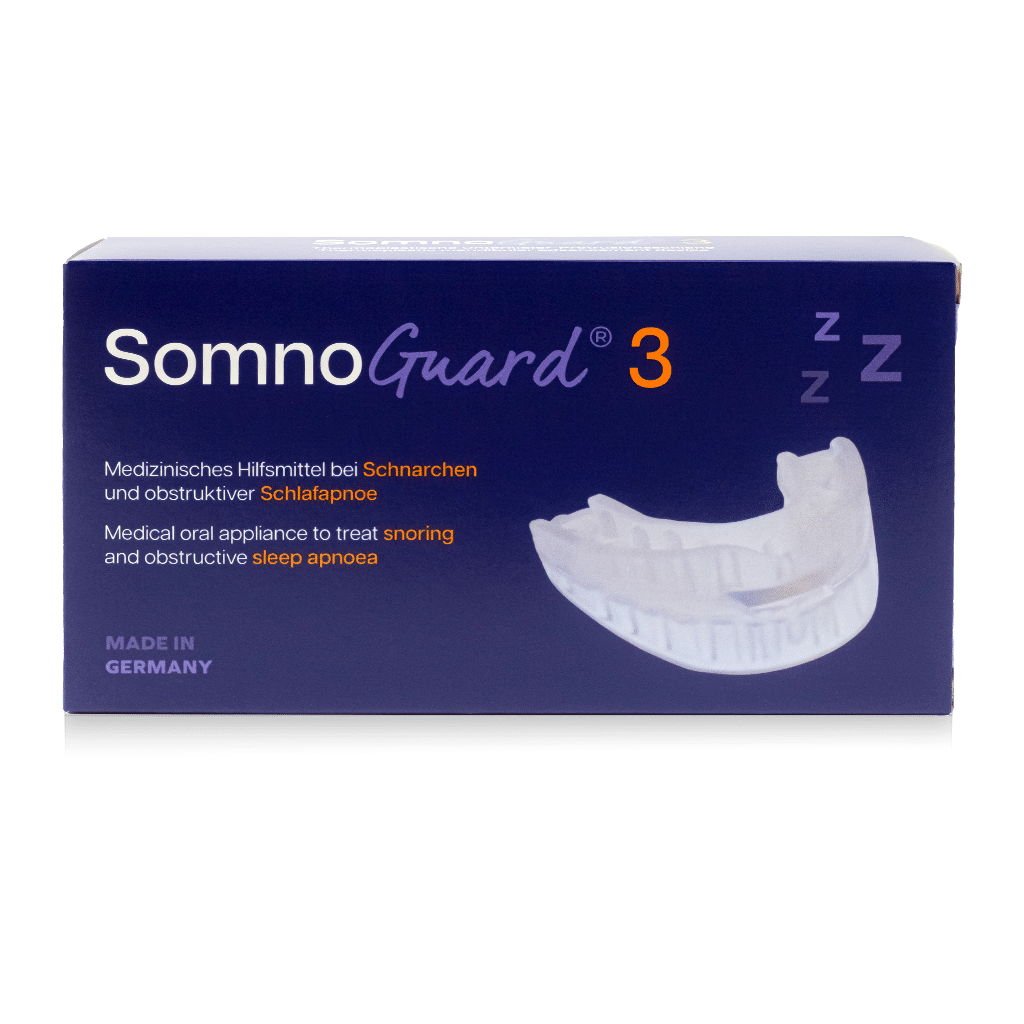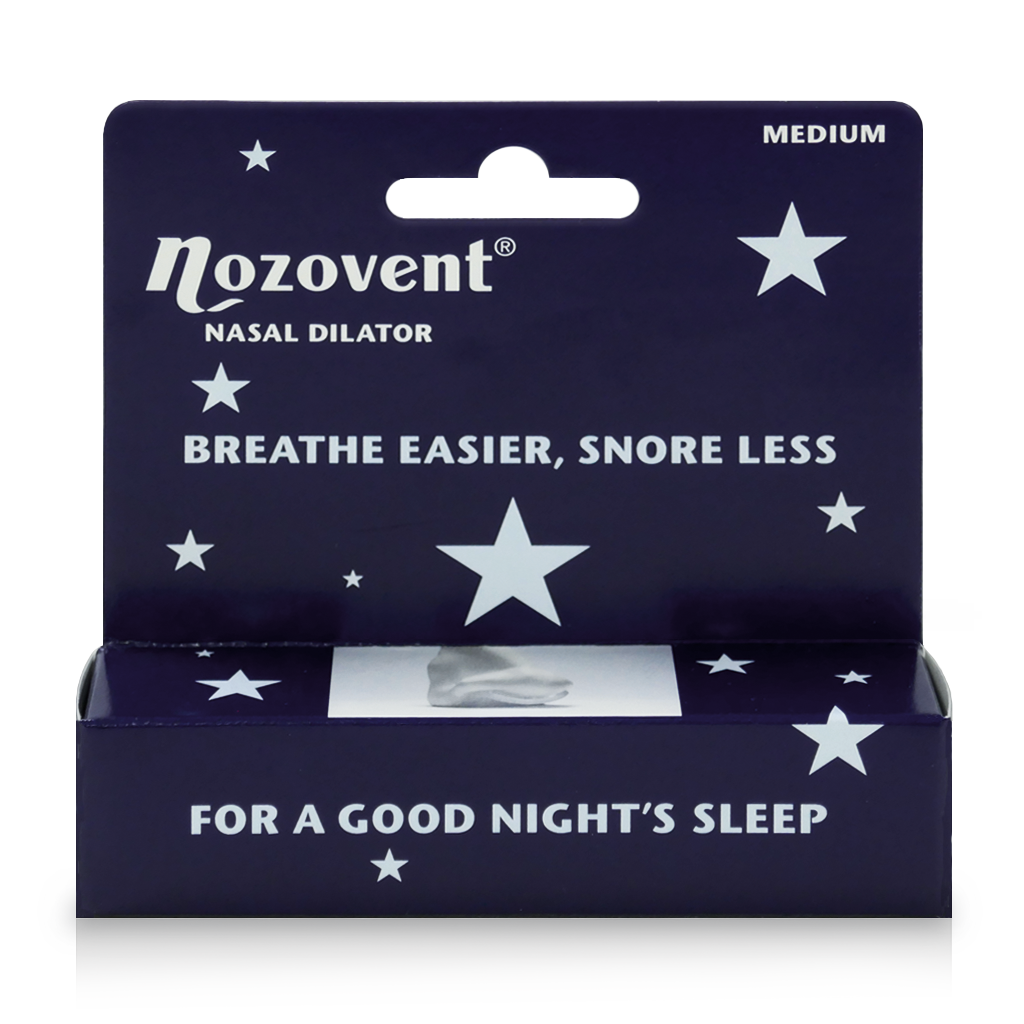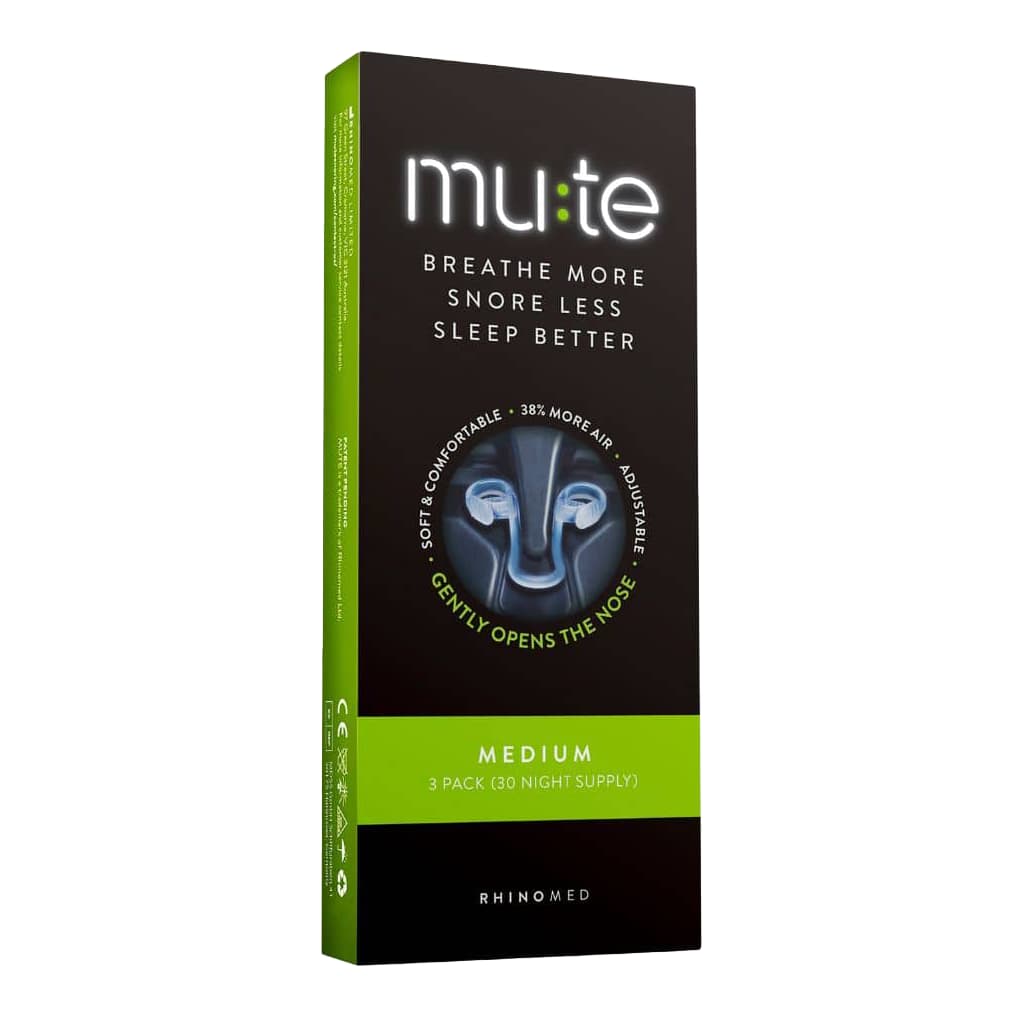Catathrenia or nocturnal groaning was first reported by Belgium scientists, De Roek and colleagues in 1983. But despite being recently introduced into the International Classification of Sleep Disorders as a parasomnia, it is still a relatively rare condition with actual incidence and prevalence still unknown. The name Catathrenia is derived from the Greek word kata = below, and threnia = to lament.
Catathrenia is described as sleep related groaning, moaning or just ‘making funny noises’. It is characterised by repeated episodes of monotonous moaning or groaning sounds in prolonged expiration, preceded by deep inspiration. These episodes last between 2 – 50 seconds and end with a sigh or arousal. There has been no known health consequences reported which is why it is considered to be a social rather than a medical problem. However, this condition often presents with a morose or sexual connotation that can cause a social problem for some patients.











